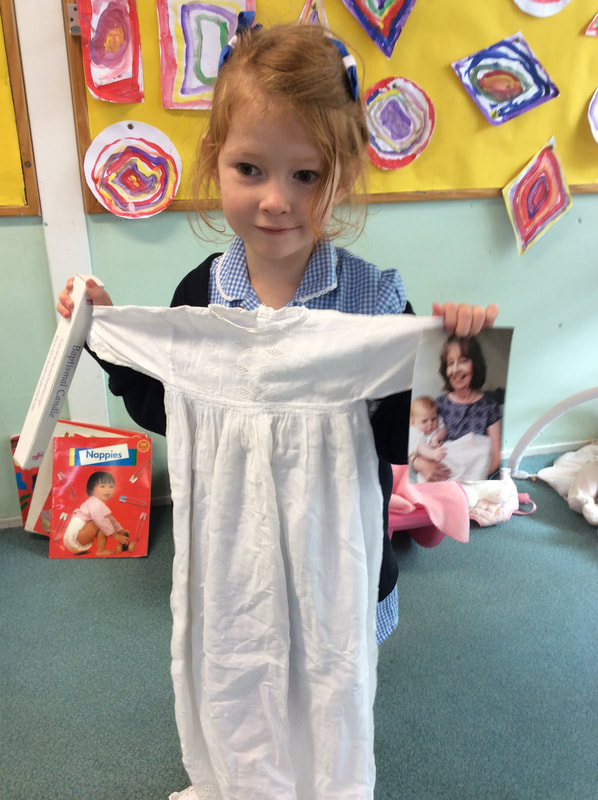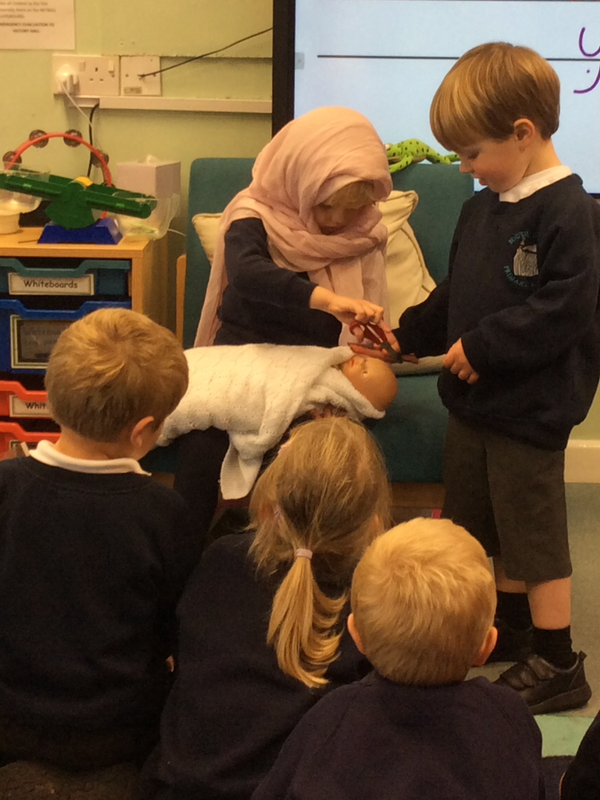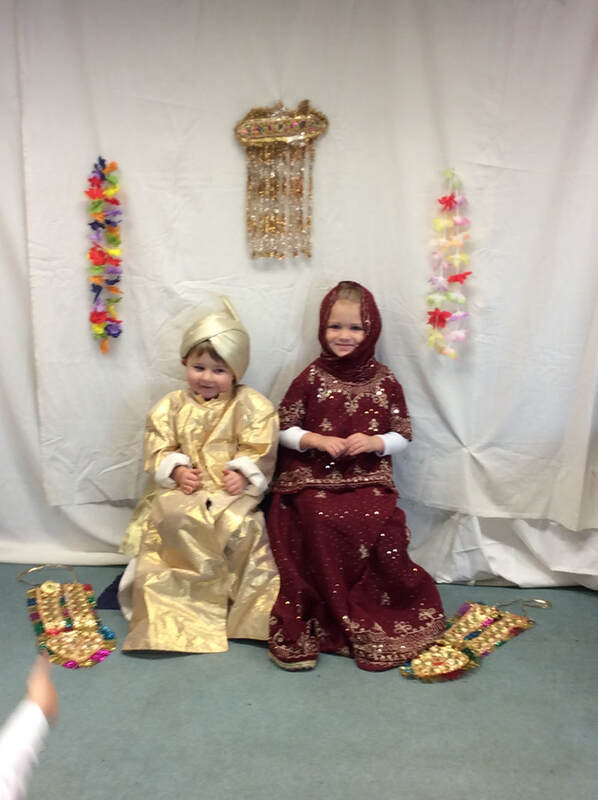Intent
“The principal aim of religious education is to explore what people believe and what difference this makes to how they live, so that pupils can gain the knowledge, understanding and skills needed to handle questions raised by religion and belief, reflecting on their own ideas and ways of living.” Devon Agreed Syllabus
It is our intent for the religious education element of our school curriculum to engage, inspire, challenge and encourage pupils. Pupils will be equipped with the knowledge and skills to answer challenging questions, explore different religious beliefs, values and traditions and develop a more rigorous understanding of religious practices that are followed in the wider multi-cultural society. Pupils will be encouraged to reflect on their own ideas and ways of living, preparing them for adult life.
Aims
The national curriculum for Religious Education aims to ensure that all pupils:
“The principal aim of religious education is to explore what people believe and what difference this makes to how they live, so that pupils can gain the knowledge, understanding and skills needed to handle questions raised by religion and belief, reflecting on their own ideas and ways of living.” Devon Agreed Syllabus
It is our intent for the religious education element of our school curriculum to engage, inspire, challenge and encourage pupils. Pupils will be equipped with the knowledge and skills to answer challenging questions, explore different religious beliefs, values and traditions and develop a more rigorous understanding of religious practices that are followed in the wider multi-cultural society. Pupils will be encouraged to reflect on their own ideas and ways of living, preparing them for adult life.
Aims
The national curriculum for Religious Education aims to ensure that all pupils:
- develop knowledge and understanding of Christianity and other principal religious traditions represented in Great Britain;
- develop understanding of the ways in which beliefs influence people in their behaviour, practices and in their communities;
- reflect on, deepen and clarify their own experiences, values and beliefs and those of others;
- develop awareness of fundamental questions about life arising from human experience and how religious beliefs and practices can relate to them;
- recognise the right of people to hold diverse beliefs and values and to develop positive attitudes of respect towards other people;
- benefit from opportunities to enhance their spiritual, moral, social and cultural development.
Implementation
We have implemented the 2019 Devon and Torbay agreed syllabus which explains the value and purposes of RE for all pupils and specifies for teachers what shall be taught in each age group. The syllabus provides a coherent framework for setting high standards of learning in RE and enabling pupils to reach their potential in the subject. In our school, RE is not simply about gaining knowledge and understanding about religions and beliefs. It also helps pupils to develop their own understanding of the world and how to live, in the light of their learning, developing understanding, skills and attitudes. It makes a significant contribution to pupils’ spiritual, moral, social and cultural development, as well as important opportunities for exploring British values.
RE is taught in planned weekly lessons, delivering open, enquiring and exploratory RE, suitable for pupils who have religious faith of their own as well as for those who have no religious faith. Teachers plan using the steps and guidance in the syllabus to underpin their long, medium and short term planning.
At South Tawton Primary school, RE is taught as an engaging, inclusive and enquiry-led subject, open to all and at the centre of the curriculum, and we would hope that all parents would understand the value of this for all children. However, parents do have a right by law to withdraw their children from Religious Education lessons. In this event, we will undertake responsibility for their supervision with regard to health and safety. The school follows the guidance offered by the Diocese of Exeter and we always encourage parents to discuss any concerns they may have about the RE curriculum with the principal before making a final decision. Requests for full or partial withdrawal need to be made to the principal in writing.
Impact
RE impacts on our children; enabling them to reflect on their own ideas and ways of living so that they are better prepared for adult life. Our children are equipped with the knowledge and skills to answer difficult questions and can explore different religious beliefs and practices followed in the wider multi-cultural society with respect and understanding.
Children are assessed based on the Learning Outcomes within each unit of work that forms the Devon Agreed Syllabus. These are made up of three elements: Making Sense, Understanding Impact and Making Connections.
We have implemented the 2019 Devon and Torbay agreed syllabus which explains the value and purposes of RE for all pupils and specifies for teachers what shall be taught in each age group. The syllabus provides a coherent framework for setting high standards of learning in RE and enabling pupils to reach their potential in the subject. In our school, RE is not simply about gaining knowledge and understanding about religions and beliefs. It also helps pupils to develop their own understanding of the world and how to live, in the light of their learning, developing understanding, skills and attitudes. It makes a significant contribution to pupils’ spiritual, moral, social and cultural development, as well as important opportunities for exploring British values.
RE is taught in planned weekly lessons, delivering open, enquiring and exploratory RE, suitable for pupils who have religious faith of their own as well as for those who have no religious faith. Teachers plan using the steps and guidance in the syllabus to underpin their long, medium and short term planning.
At South Tawton Primary school, RE is taught as an engaging, inclusive and enquiry-led subject, open to all and at the centre of the curriculum, and we would hope that all parents would understand the value of this for all children. However, parents do have a right by law to withdraw their children from Religious Education lessons. In this event, we will undertake responsibility for their supervision with regard to health and safety. The school follows the guidance offered by the Diocese of Exeter and we always encourage parents to discuss any concerns they may have about the RE curriculum with the principal before making a final decision. Requests for full or partial withdrawal need to be made to the principal in writing.
Impact
RE impacts on our children; enabling them to reflect on their own ideas and ways of living so that they are better prepared for adult life. Our children are equipped with the knowledge and skills to answer difficult questions and can explore different religious beliefs and practices followed in the wider multi-cultural society with respect and understanding.
Children are assessed based on the Learning Outcomes within each unit of work that forms the Devon Agreed Syllabus. These are made up of three elements: Making Sense, Understanding Impact and Making Connections.
Autumn |
Spring |
Summer |
|
Year 1 |
1.10 What does it mean to belong to a faith community? 1.1 What do Christians believe God is like? |
1.7 Who is Jewish and how do they live? 1.1 What do Christians believe God is like? |
1.9 How should we care for the world and for others, and why does it matter? 1.2 Who do Christians say made the world? |
Year 2 |
1.6 Who is a Muslim and how do they live? 1.3 Why does Christmas matter to Christians? |
1.6 Who is a Muslim and how do they live? Part 2 1.5 Why does Easter matter to Christians? |
1.4 What is the ‘good news’ Christians believe Jesus brings? 1.8 What makes some places sacred to believers? |
Year 3 |
L2.1 What do Christians learn from the Creation story? L2.2 What is it like for someone to follow God? |
L2.9 How do festivals and worship show what matters to a Muslim? L2.10 How do festivals and family life show what matters to Jewish people? |
L2.4 What kind of world did Jesus want? L2.12 How and why do people try to make the world a better place? |
Year 4 |
L2.3 What is the ‘Trinity’ and why is it important for Christians? L2.7 What do Hindus believe God is like? |
L2.8 What does it mean to be Hindu in Britain today? L2.5 Why do Christians call the day Jesus died ‘Good Friday’? |
L2.6 For Christians, when Jesus left, what was the impact of Pentecost? L2.11 How and why do people mark the significant events of life? |
Year 5 |
U2.1 What does it mean if Christians believe God is holy and loving? Racism in Religion |
U2.3 Why do Christians believe Jesus was the Messiah? U2.9 Why is the Torah so important to Jewish people? |
U2.8 What does it mean to be a Muslim in Britain today? U2.10 What matters most to Humanists and Christians? |
Year 6 |
U2.2 Creation and science: conflicting or complementary? U2.11 Why do some people believe in God and some people not? |
U2.7 Why do Hindus want to be good? U2.5 What do Christians believe Jesus did to ‘save’ people? |
U2.6 For Christians, what kind of king is Jesus? U2.12 How does faith help people when life gets hard? |
Collective Worship and the Law
In accordance with legal requirements (School Standards and Framework Act 1998) an act of collective worship, taking into account of the age, aptitude and background of the pupils, is provided daily for all pupils except those withdrawn by parents. The school expects that withdrawal will be only made following discussions with the Principal, followed by written confirmation of withdrawal. Special arrangements will be made to supervise children withdrawn from acts of worship. In addition, staff have the right to withdraw from the act of collective worship.
“The arrangements for the required collective worship may, in respect of each school day, provide for a single act of worship for all pupils or for separate acts of worship for pupils in different age groups or in different school groups.”
The School Standards and Framework Act 1998
In accordance with legal requirements (School Standards and Framework Act 1998) an act of collective worship, taking into account of the age, aptitude and background of the pupils, is provided daily for all pupils except those withdrawn by parents. The school expects that withdrawal will be only made following discussions with the Principal, followed by written confirmation of withdrawal. Special arrangements will be made to supervise children withdrawn from acts of worship. In addition, staff have the right to withdraw from the act of collective worship.
“The arrangements for the required collective worship may, in respect of each school day, provide for a single act of worship for all pupils or for separate acts of worship for pupils in different age groups or in different school groups.”
The School Standards and Framework Act 1998
Foundation Stage
During Foundation Stage, children begin to explore the world of religion in terms of special people, books, times, places and objects, visiting places of worship and through celebration. Children listen to and talk about stories. They are introduced to specialist words and use their senses in exploring religious beliefs, practices and forms of expression. They reflect upon their own feelings and experiences. They use their imagination and curiosity to develop their appreciation and wonder of the world in which they live.
KS1
At Key Stage 1, pupils learn about different beliefs about God and the world around them. They encounter and respond to a range of stories, artefacts and other religious materials. They learn to recognise that beliefs are expressed in a variety of ways, and begin to use specialist vocabulary. They begin to understand the importance and value of religion for believers, especially other children and their families. Pupils ask relevant questions and develop a sense of wonder about the world, using their imaginations. They talk about what is important to themselves and others, valuing themselves, reflecting on their own feelings and experiences and developing a sense of belonging. At Key Stage, 1 pupils should study Christianity, one other religion and consider other world views.
KS2
At Key Stage 2, children investigate and consider the impact of religion and belief locally, nationally and globally. They make connections between different aspects of religion and belief and consider different forms of religious expression. They consider the beliefs, teachings, practices and ways of life central to religion. They learn about sacred texts and other sources and consider their meanings. They begin to recognise diversity in religion, learning about similarities and differences both within and between religions and the importance of dialogue between them. They extend the range and use of specialist vocabulary. They recognise the challenges involved in distinguishing between ideas of right and wrong, and valuing what is good and true. They communicate their ideas clearly, recognising other people’s viewpoints. They consider their own beliefs and values and those of others in the light of their learning in religious education. At Key Stage 2, children study, in a more systematic way, Christianity, Hinduism, Judaism and Islam and non-religious world views such as Humanism.
During Foundation Stage, children begin to explore the world of religion in terms of special people, books, times, places and objects, visiting places of worship and through celebration. Children listen to and talk about stories. They are introduced to specialist words and use their senses in exploring religious beliefs, practices and forms of expression. They reflect upon their own feelings and experiences. They use their imagination and curiosity to develop their appreciation and wonder of the world in which they live.
KS1
At Key Stage 1, pupils learn about different beliefs about God and the world around them. They encounter and respond to a range of stories, artefacts and other religious materials. They learn to recognise that beliefs are expressed in a variety of ways, and begin to use specialist vocabulary. They begin to understand the importance and value of religion for believers, especially other children and their families. Pupils ask relevant questions and develop a sense of wonder about the world, using their imaginations. They talk about what is important to themselves and others, valuing themselves, reflecting on their own feelings and experiences and developing a sense of belonging. At Key Stage, 1 pupils should study Christianity, one other religion and consider other world views.
KS2
At Key Stage 2, children investigate and consider the impact of religion and belief locally, nationally and globally. They make connections between different aspects of religion and belief and consider different forms of religious expression. They consider the beliefs, teachings, practices and ways of life central to religion. They learn about sacred texts and other sources and consider their meanings. They begin to recognise diversity in religion, learning about similarities and differences both within and between religions and the importance of dialogue between them. They extend the range and use of specialist vocabulary. They recognise the challenges involved in distinguishing between ideas of right and wrong, and valuing what is good and true. They communicate their ideas clearly, recognising other people’s viewpoints. They consider their own beliefs and values and those of others in the light of their learning in religious education. At Key Stage 2, children study, in a more systematic way, Christianity, Hinduism, Judaism and Islam and non-religious world views such as Humanism.
End of phase outcomes
Each of the three elements of the teaching and learning approach is important and pupils should make progress in all of them. Below are the end of phase outcomes for each element. Each unit provides learning outcomes specific to each question, leading to these end of phase outcomes.
Each of the three elements of the teaching and learning approach is important and pupils should make progress in all of them. Below are the end of phase outcomes for each element. Each unit provides learning outcomes specific to each question, leading to these end of phase outcomes.
Teaching and learning approach |
End KS1 Pupils can… |
End lower KS2 Pupils can... |
End upper KS2 Pupils can... |
Element 1: Making sense of beliefs Identifying and making sense of religious and non-religious beliefs and concepts; understanding what these beliefs mean within their traditions; recognising how and why sources of authority (such as texts) are used, expressed and interpreted in different ways, and developing skills of interpretation |
|
|
|
Element 2: Understanding the impact Examining how and why people put their beliefs into practice in diverse ways, within their everyday lives, within their communities and in the wider world. |
|
|
|
Element 3: Making connections Evaluating, reflecting on and connecting the beliefs and practices studied; allowing pupils to challenge ideas studied , and the ideas studied to challenge pupils’ thinking; discerning possible connections between these and pupils’ own lives and ways of understanding the world. |
|
|
|





